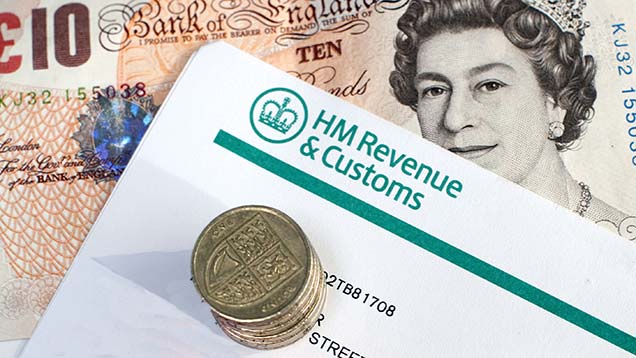Business Clinic: Why do farm profit and taxable profit differ?
 © Rex
© Rex Farmers Weekly’s Business Clinic experts offer free advice on legal, finance, tax, insurance, farm management and land issues. Here Peter Griffiths – director at Hazelwoods – advises on the difference between farm profit and taxable profit.
Q: I have large borrowings on which I pay capital and interest – about £10,000 capital and £14,000 interest a year. The farm profit for this year was about £27,000, split between three partners, but the total tax bill is about £5,500.
No machinery was purchased. The tax bill seems high to me and despite being of reasonable intelligence, I do not understand how my accountant works out my tax bill.
A: The income tax liability on the profits of a farming partnership is based on what is known as the “taxable profits”. This is unlikely to be the same amount as the accounts profit that will be shown in the profit-and-loss account.
The accounts profit is adjusted for items not allowed for tax purposes, such as depreciation and the private element of house and vehicle expenses, and items that are allowed for tax purposes but not included in the profit-and-loss account such as capital allowances on machinery, to arrive at the taxable profit.
See also: Barn conversion to nursery business – advice on income tax and VAT issues
Whether partners have other income will also affect the tax charge. An individual has a tax-free personal allowance for income tax of £10,600. Therefore, a three-partner partnership with total taxable profits of £30,000, where the partners have no other income, would not have a tax liability.
If the partners have no income other than farming profits then they will pay 20% income tax on profits in excess of £10,600 and class 4 national insurance of 9% on profits in excess of £8,060.
This means a tax bill of £5,500 corresponds to roughly £50,000 of taxable income before deducting three personal allowances, or £19,000 of taxable income after deducting three personal allowances. Alternatively, the partners may have other income that effectively uses their personal allowances.
A tax charge of £5,500 on £50,000 of taxable income is probably expected. The real question to understand is why are taxable profits higher than the accounts profits.
The introduction of the 100% annual investment allowance on machinery purchases means the taxable profits in any one year bear less and less correlation with the accounts profits.
In a year where cash is short and no equipment is purchased, taxable profits will almost inevitably be significantly higher than the accounts profits. Fortunately, farmers have the ability to average their profits and this can smooth the results in a lot of situations. The recent extension to allow averaging over five years may help further.
It is important to remember that profit is not the same as cash. The profit is after deducting interest, but in the long run, drawings and capital repayments can only be taken out of post-tax profits.
In bigger businesses, trading as a company may be more tax efficient, particularly where you are looking to expand the business or pay down debt taken on to expand the business. However, at this level of profitability a partnership structure is flexible and reasonably tax efficient.
If each of the partners has other income that uses their personal allowance, they may wish to consider bringing their spouses or adult children into the partnership so taxable profits are received by individuals who may have an income tax personal allowance that is currently not being used, or pay income tax at a rate of 20% instead of higher rates.
Alternatively, income-bearing assets that provide other income could be transferred to these individuals.
Do you have a question for the panel?
Outline your legal, tax, finance, insurance or farm management question in no more than 350 words and Farmers Weekly will put it to a member of the panel. Please give as much information as possible.
Send your enquiry to Business Clinic, Farmers Weekly, RBI, Quadrant House, The Quadrant, Sutton, Surrey SM2 5AS.
You can also email your question to fwbusinessclinic@rbi.co.uk or post it on the Farmers Weekly website.


